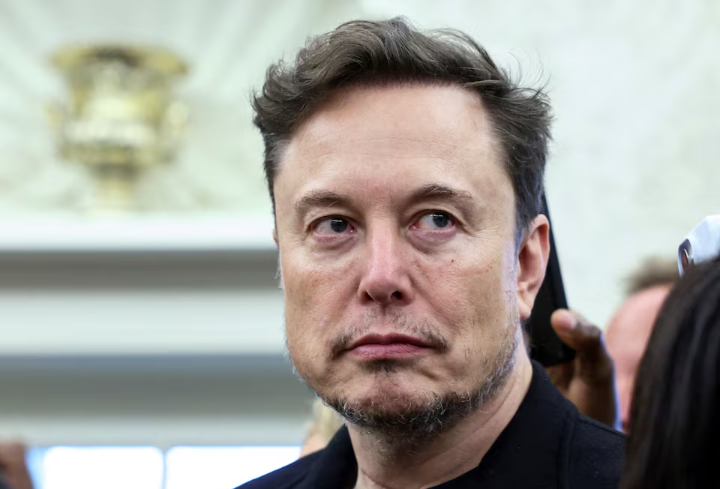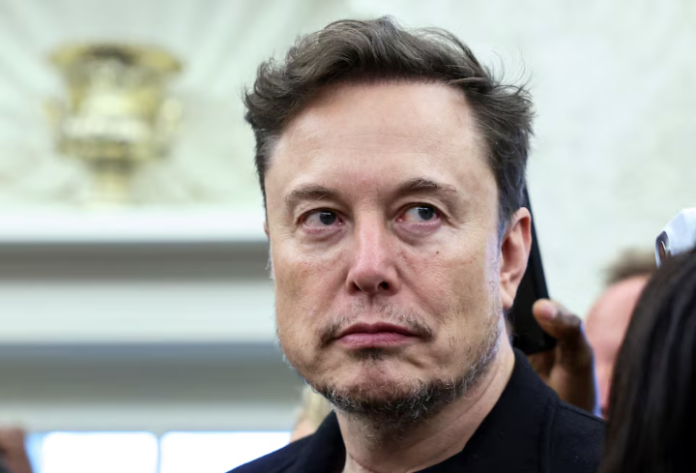Elon Musk is once again at the center of controversy, this time over concerns that his AI chatbot, Grok, may be operating within the U.S. federal government without proper authorization.
According to sources familiar with the situation, Musk’s Department of Government Efficiency (DOGE) team has been using a customized version of Grok to process and analyze sensitive government data—potentially crossing legal and ethical boundaries.
Grok, a generative AI tool developed by Musk’s xAI startup, is reportedly being used to assist DOGE in streamlining government operations by automating tasks like data analysis and report generation.
However, privacy experts and legal scholars are raising serious red flags. They warn that using such a tool on confidential federal databases—especially without official approvals—could be a violation of privacy laws and federal ethics regulations.
Multiple sources confirmed that DOGE encouraged employees at the Department of Homeland Security (DHS) to use Grok, despite the tool not being approved for use within the agency. DHS, which oversees critical operations including cybersecurity and border protection, has strict internal policies about the use of commercial AI tools.
Last year, the agency greenlit limited AI tools like OpenAI’s ChatGPT and Anthropic’s Claude for non-sensitive work. However, in May, DHS halted access to all external AI tools after concerns emerged that sensitive data was being used improperly.
Experts caution that giving Grok access to federal databases might not only compromise privacy but also give Musk’s xAI an unfair competitive advantage over other AI companies vying for government contracts. They note that any insights derived from federal data could be used to further train Grok, enhancing xAI’s product while benefiting Musk financially.
“This situation has all the markings of a significant conflict of interest,” said Richard Painter, a former White House ethics lawyer. If Musk had any role in pushing Grok’s use within federal agencies, it could potentially breach conflict-of-interest statutes that apply to special government employees. Even if he wasn’t directly involved, the perception of self-dealing is damaging enough, ethics experts warn.

The DOGE team has reportedly accessed highly sensitive databases containing personal information on millions of Americans. They’ve also been accused of using AI to monitor government employees’ communications for loyalty to President Trump’s policies—a move that would likely violate civil service protections.
Musk, who joined DOGE as a special government employee, is supposed to serve for only 130 days. He’s claimed he would reduce his involvement to a day or two per week, but his influence and the activities of his team remain under intense scrutiny.
Neither Musk, xAI, nor the White House have commented publicly on the controversy. Meanwhile, privacy advocates and regulatory experts are calling for investigations and clearer guidelines on the use of AI in government.
The idea that a private company could potentially wield such deep influence over federal data systems is raising questions about where the line between innovation and intrusion should be drawn.



